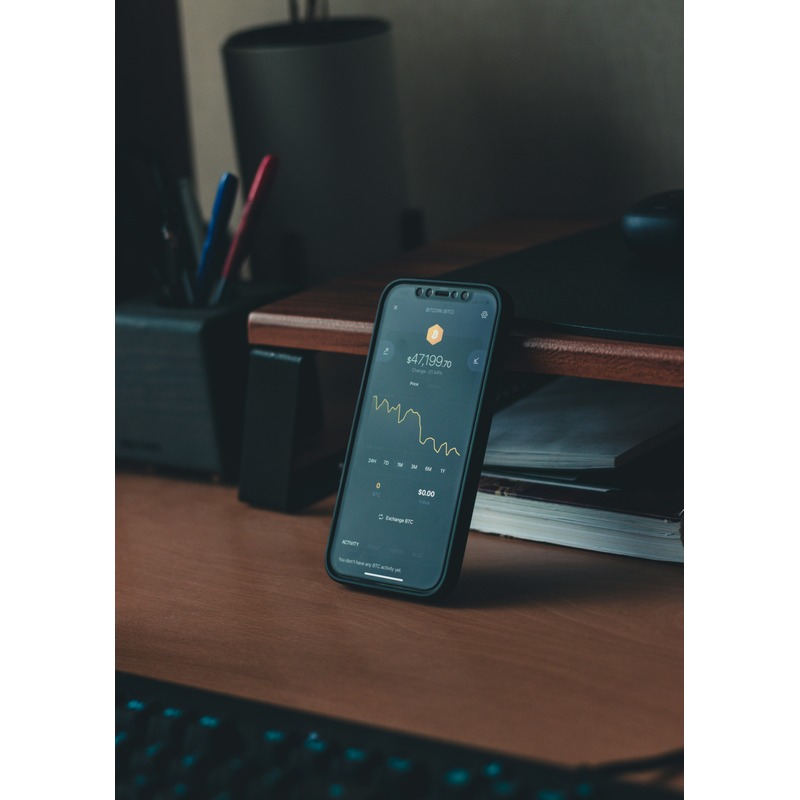A few years ago, blockchain was just a buzzword floating around the internet, mostly
associated with Bitcoin and cryptocurrency. Fast forward to today, and it’s becoming one of the biggest disruptors in the financial industry changing how we bank, invest, and even send money across borders.
But here’s the real question: Is blockchain just hype, or is it truly reshaping finance as we know it? The answer? It’s more than real and it’s happening faster than most people realize. If you’ve been ignoring it, it’s time to pay attention.
Let’s break it down in simple, real-world terms, no confusing tech jargon, just straight facts on how blockchain, cryptocurrency, and fintech are changing the game.
What is Blockchain, and Why Should You Care?
Imagine you have a notebook where you record every single financial transaction you make. But instead of keeping it to yourself, you share an identical copy with thousands of other people worldwide. Every time you add a new entry, everyone’s notebook gets updated at the same time.
Now, here’s the magic:
No one can erase or alter past entries. Every transaction is verified by a decentralized network, not a single authority.
It’s transparent, secure, and tamper-proof. That’s blockchain in a nutshell, a digital ledger that removes the need for middlemen (like banks or payment processors) while making financial transactions faster, cheaper, and more secure.
Now, let’s see how it’s shaking up the financial world.
1. Faster, Cheaper, and Borderless Transactions
Let’s be honest, traditional banking is slow and expensive. Sending money internationally? Takes days and costs a fortune in fees. Using a credit card? Extra charges on every purchase. Getting a loan? Paperwork, middlemen, and high-interest rates.
With blockchain technology, payments happen in minutes, not days, with minimal fees. No banks. No intermediaries. Just direct, peer-to-peer transactions that are cheaper, faster, and more accessible to everyone, especially for people in developing countries with limited access to banks.
This is why companies like Ripple and Stellar are using blockchain to revolutionize cross-border payments making international money transfers as easy as sending a text.
2. The Rise of Cryptocurrency: More Than Just Bitcoin
When people hear “crypto,” they think of Bitcoin, but the truth is, there are thousands of cryptocurrencies, each serving different purposes in the financial system.
Bitcoin (BTC): Digital gold. A decentralized alternative to traditional money.
Ethereum (ETH): More than a currency its blockchain enables smart contracts (we’ll get to that in a second).
Stablecoins (USDT, USDC): Cryptocurrencies that stay stable, pegged to the value of
real-world assets like the US dollar. Banks used to ignore or fight crypto. Now? They’re embracing it. Financial giants like Visa, PayPal, and even governments are integrating crypto payments into their systems.
The future of money is changing, and whether people like it or not, crypto is here to stay.
3. Smart Contracts: The Future of Banking and Business
What if you could buy a house, take out a loan, or invest in stocks all without paperwork, lawyers, or middlemen? That’s where smart contracts come in. A smart contract is like a self-executing agreement written in code. Once the conditions are met, it automatically carries out the transaction. No banks, no brokers, no delays.
Example:
You rent an apartment using a blockchain-based contract.
The contract automatically releases the keys when payment is confirmed.
No landlords, no agents, no trust issues. This technology is already being used in decentralized finance (DeFi) an industry that’s taking banking out of the hands of institutions and putting financial power back into the hands of the people.
4. Security and Fraud Prevention
Ever been scammed online? Had your credit card info stolen? Dealt with bank fraud?
With blockchain, fraud is nearly impossible because:
– Transactions are permanently recorded and can’t be altered.
– Every transaction is verified by thousands of computers worldwide.
– No single point of failure, unlike traditional banking systems.
Even governments and major banks are realizing that blockchain security is superior to traditional banking systems. That’s why central banks are exploring digital currencies (CBDCs) government-backed digital money built on blockchain.
5. Will Banks Survive the Blockchain Revolution?
Let’s be clear: banks aren’t disappearing overnight, but they can’t ignore blockchain
anymore. Some banks are partnering with blockchain companies to stay relevant. Others are integrating blockchain for security and faster transactions. A few are still resisting but for how long? One thing is certain: financial institutions that don’t adapt will get left behind.
Final Word From Vividdose
Whether you’re an investor, a business owner, or just someone who wants faster and
cheaper financial transactions, blockchain is something you can’t afford to ignore.
If you invest → Learn about crypto and blockchain-based assets.
If you’re in business → Explore how smart contracts and decentralized finance can save you money.
If you use money (which is everyone) → Stay informed, because the way we bank, invest, and spend is changing fast.
This isn’t a trend, it’s a revolution. And those who pay attention early will be ahead of the curve.
So, are you ready for the future of finance? Because it’s already here.

